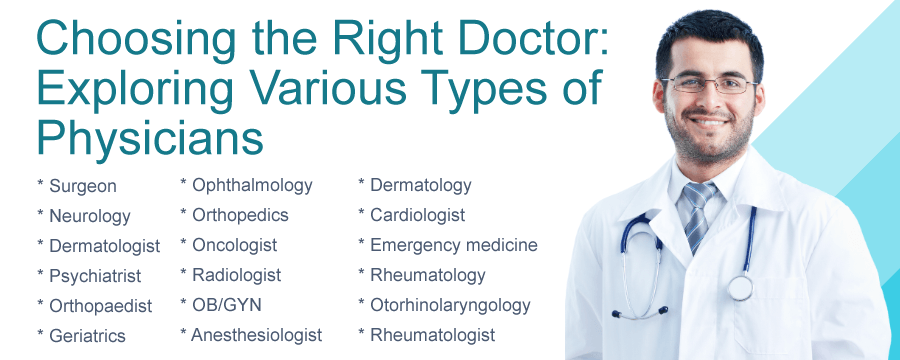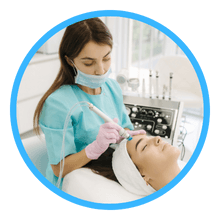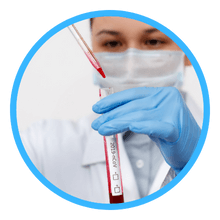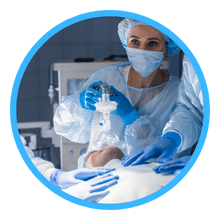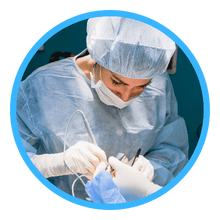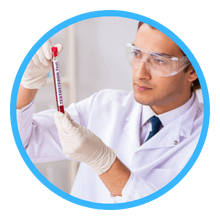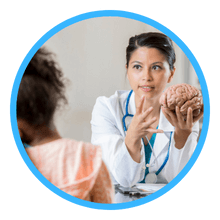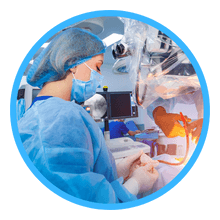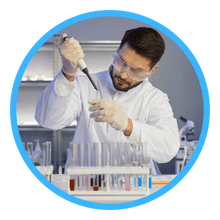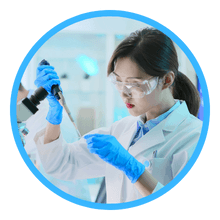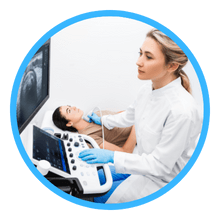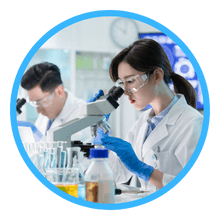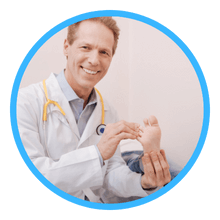A Comprehensive Guide to 60 Different Types of Physicians and Medical Specialists
In the vast and diverse field of medicine, there are numerous specialized areas that doctors can choose to focus on. Each specialty represents a unique branch of medical knowledge and expertise, catering to specific patient populations or specific systems within the body. Understanding the different types of doctors and their respective specialties is essential for patients and aspiring healthcare professionals alike. In this blog, we will explore an array of medical specialties, providing a concise introduction to each field and shedding light on the vital roles these doctors play in healthcare.
Understanding Medical Specialties: An Overview
Medical specialties are distinct branches of medicine that focus on specific areas of expertise, patient populations, or organ systems. These specialties allow doctors to develop specialized knowledge and skills to provide comprehensive and targeted care to patients with specific medical conditions or unique healthcare needs. While all doctors possess a foundational knowledge of general medicine, many choose to pursue additional expertise in specialized areas. In fact, the medical field boasts a wide array of specialties and subspecialties, each focusing on specific aspects of healthcare.
An In-Depth Look at Different Types of Physicians
According to statistics, there are more than 60 medical specialties and 30 subspecialties available for doctors to choose their specialization. Although we can’t name all of them – Here are 60 of the most in demand doctors specialties -
Wrap Up
In conclusion, the field of medicine is incredibly diverse and encompasses a wide range of specialties, each with its own unique focus and expertise. From anesthesiologists ensuring patient comfort during surgery to bariatricians guiding individuals towards healthier lifestyles, these specialists play crucial roles in diagnosing, treating, and preventing various medical conditions. Moreover, collaboration and coordination among different medical specialties are essential for providing comprehensive care to patients. Interdisciplinary teamwork allows for a holistic approach to healthcare, ensuring that individuals receive the best possible treatment and management for their specific needs.

